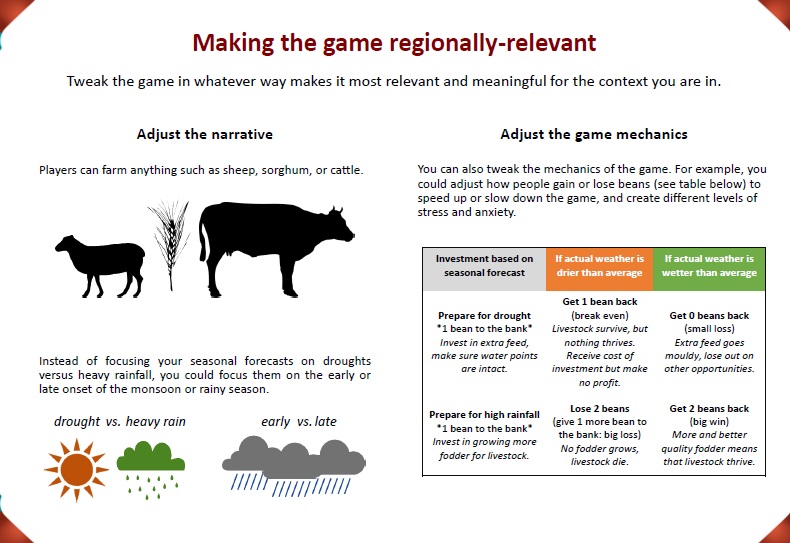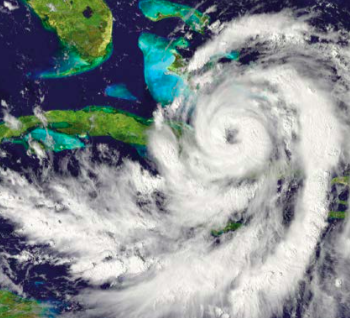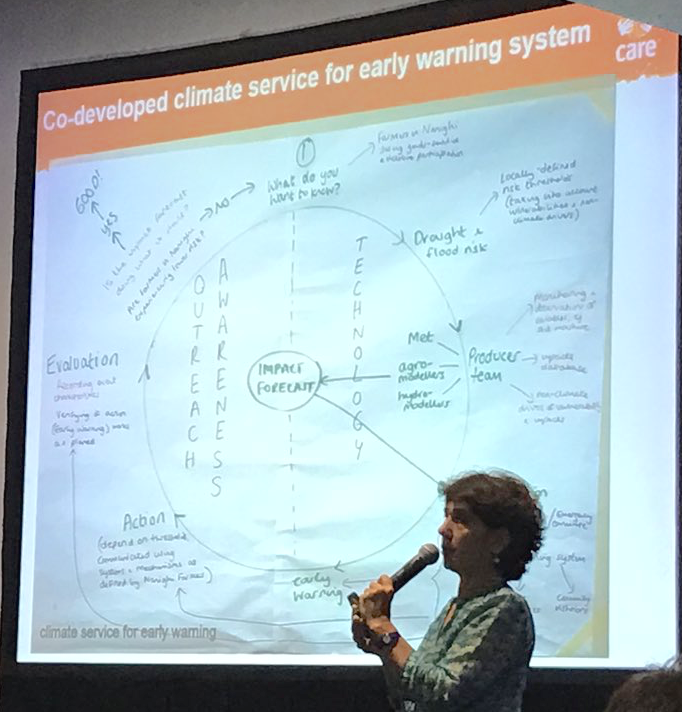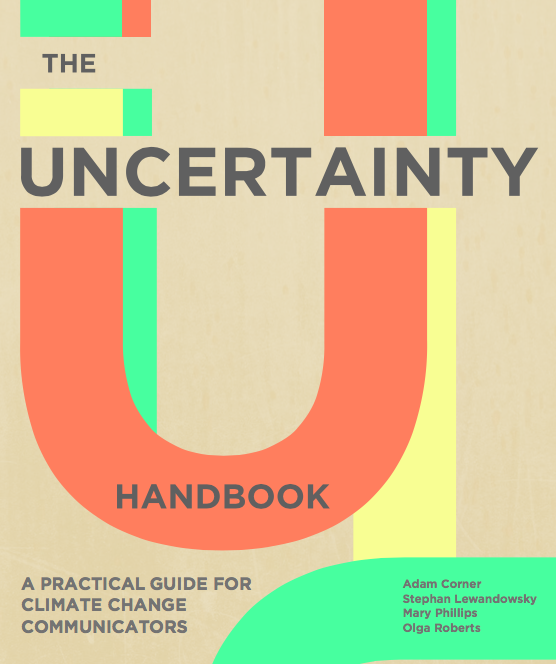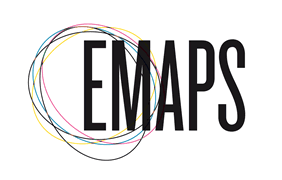decision making under uncertainty
A combined cognitive and spatial model to map and understand climate-induced migration
What is the relationship between climate change impacts and migration? The SEI team analyzes this connection developing a spatial multi-criteria model that establish people’s motivations to migrate, including climate change factors.
Co-designing climate services to support adaptation to natural hazards: two case studies from Sweden
Drawing on two Swedish case studies, this brief aims to understand how the co-design of climate services can support adaptation planning and decision-making.
Managing uncertainty under multiple drivers and disruptors
This Multi-Objective Adaptive Planning Framework incorporates responsive and adaptive planning techniques to manage the variety of future uncertainties, while meeting multiple objectives.
Are European decision-makers preparing for high-end climate change?
Are European decision-makers preparing for high-end climate change? This paper, delivered by the IMPRESSIONS project, investigates.
Moving through uncertainty, toward Research for Impact
Accepting uncertainty must be part of our unfolding research practice. This CARIAA blog post addresses the challenges posed by uncertainty and how these can be overcome.
Experimental Learning: Seasonal Forecast
This game helps participants to understand the possible uses and limitations of seasonal forecasts,their personal risk-taking preferences, and how seasonal forecasts can affect livelihood decisions.
Climate data and projections: supporting evidence-based decision-making in the Caribbean
This report provides an overview of climate data and information available from the CARibbean Weather Impacts Group (CARIWIG) data portal and how they can be used to support decision-making.
Courting complexity in climate services: Lessons from Participatory Scenario Planning
The Participatory Scenario Planning approach for seasonal decision-making at the local level has been adopted in 6 African countries and in SE Asia. This article discusses what makes it successful.
The Uncertainty Handbook: A Practical Guide for Climate Change Communicators
The Uncertainty Handbook provides guidance on 12 practical and easy-to apply principles for smarter communication about climate change uncertainties.
Climaps – a Global Issue Atlas of Climate Change Adaptation
Climaps.eu is an online atlas providing data, visualizations and commentaries about the climate adaptation debate.





